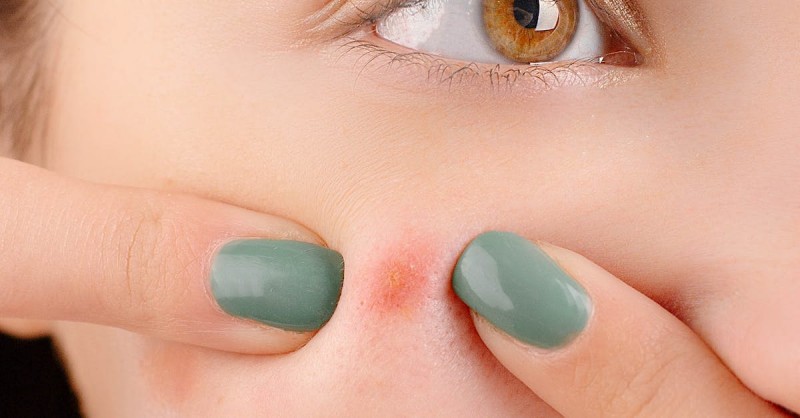
When it comes to fitness and nutrition, many people turn to supplements to support their goals. Whey protein, a popular supplement among fitness enthusiasts, is known for its muscle-building benefits. However, there have been concerns and debates surrounding the relationship between whey protein consumption and acne. In this article, we'll delve into this topic, examining whether there is a valid connection between whey protein and acne breakouts.
Before we dive into the potential link between whey protein and acne, let's first understand what whey protein is and why it's so widely used.
Whey protein is a high-quality protein derived from milk during the cheese-making process. It is a complete protein, meaning it contains all nine essential amino acids necessary for human nutrition. Whey protein is popular in the fitness world because of its rapid absorption and ability to support muscle growth and recovery.
The debate surrounding whey protein and acne primarily revolves around anecdotal evidence and some studies that suggest a potential connection. Let's take a closer look at the arguments on both sides.
Insulin and IGF-1 Levels: Some proponents argue that whey protein can spike insulin and insulin-like growth factor 1 (IGF-1) levels. Elevated IGF-1 levels have been associated with increased sebum production, which can contribute to acne.
Dairy Allergies and Sensitivities: Whey protein is a dairy product, and individuals with dairy allergies or sensitivities may experience skin issues, including acne, when consuming it.
Lack of Concrete Evidence: Critics point out that while there are some studies suggesting a link between whey protein and acne, the evidence is not strong enough to establish a clear causation.
Individual Variability: The impact of whey protein on acne can vary from person to person. Factors such as genetics, overall diet, and skincare routines may play a more significant role in acne development.
If you're concerned about the potential connection between whey protein and acne, here are some practical tips to consider:
Pay attention to how your body reacts to whey protein and other dairy products. If you notice a correlation between their consumption and acne breakouts, consider reducing or eliminating them from your diet.
Maintain a consistent skincare routine to minimize the risk of acne. This includes gentle cleansing, exfoliation, and moisturizing.
If you have persistent acne concerns, consult a dermatologist or healthcare professional. They can provide personalized advice and treatment options tailored to your specific situation.
Consider trying alternative protein sources such as plant-based protein powders if you suspect whey protein is contributing to your acne.
While the debate regarding whey protein and acne continues, it's essential to remember that individual experiences vary. Some individuals may experience acne flare-ups when consuming whey protein, while others may not. Monitoring your body's response and making informed dietary choices is key to managing potential acne concerns. Always consult with a healthcare professional for personalized guidance.
The Most Dangerous Countries in the World
Foods to Treat Fatty Liver Disease
7 Heart-Healthy Foods: Enjoy in Moderation for Optimal Health